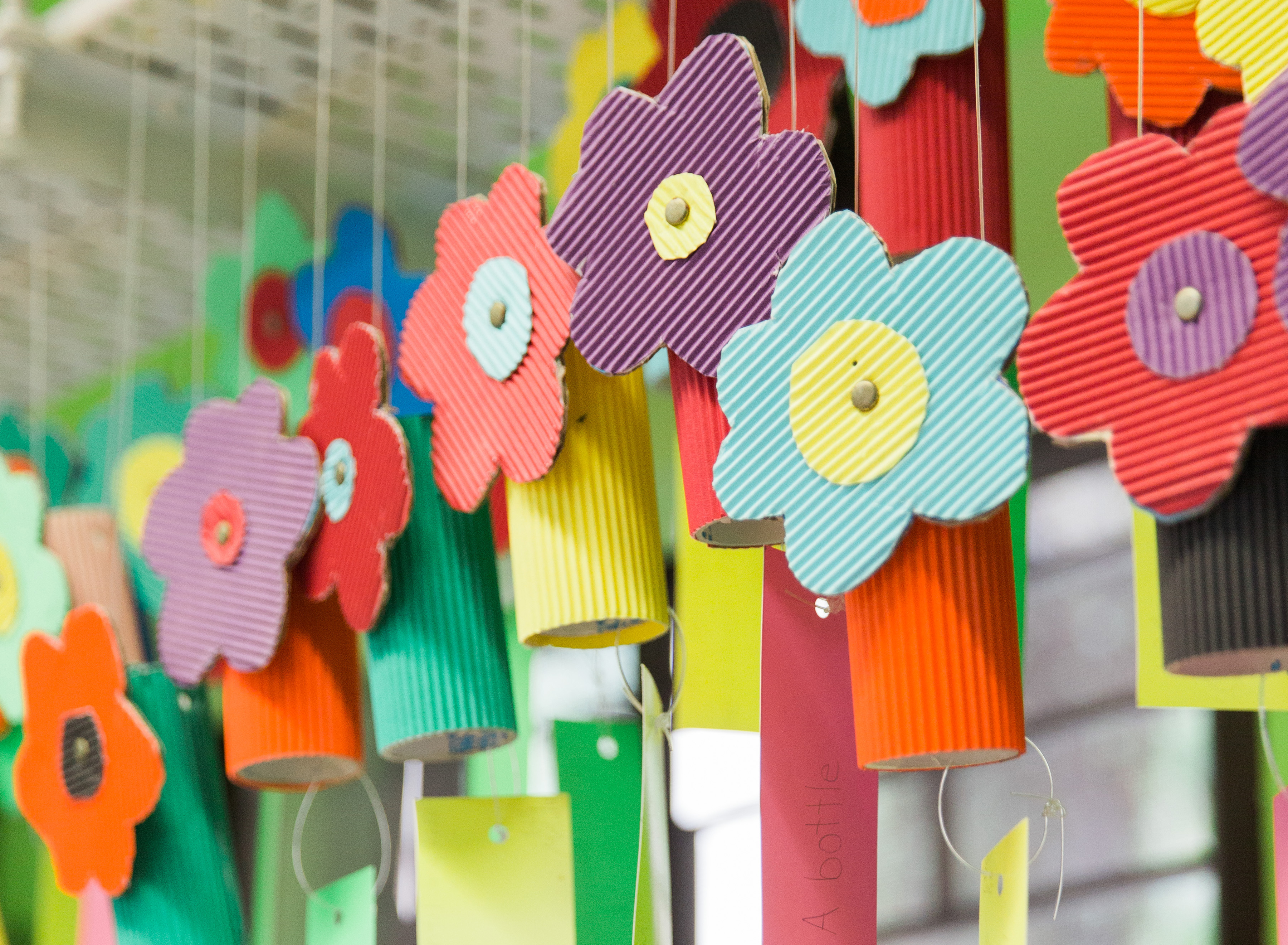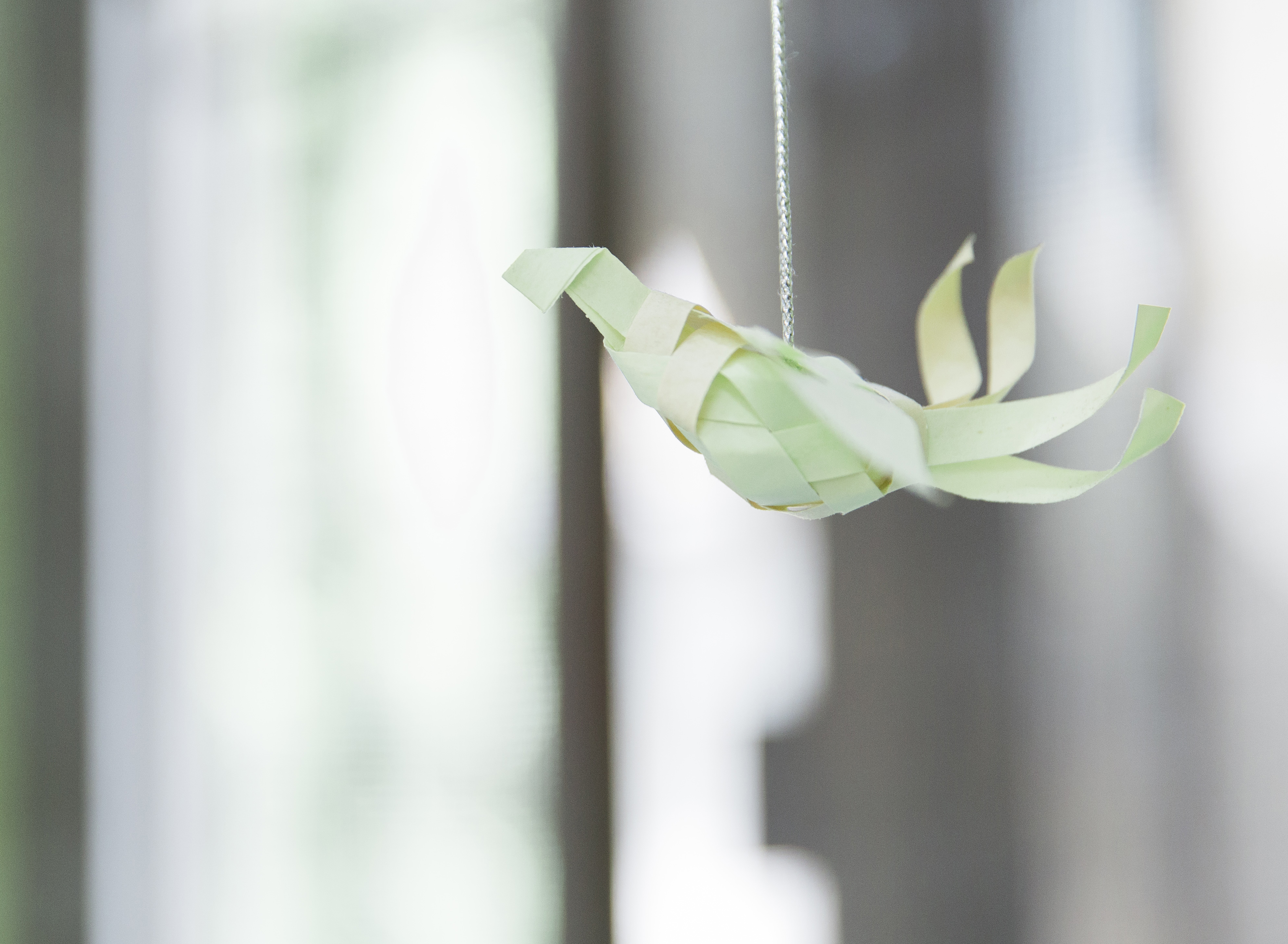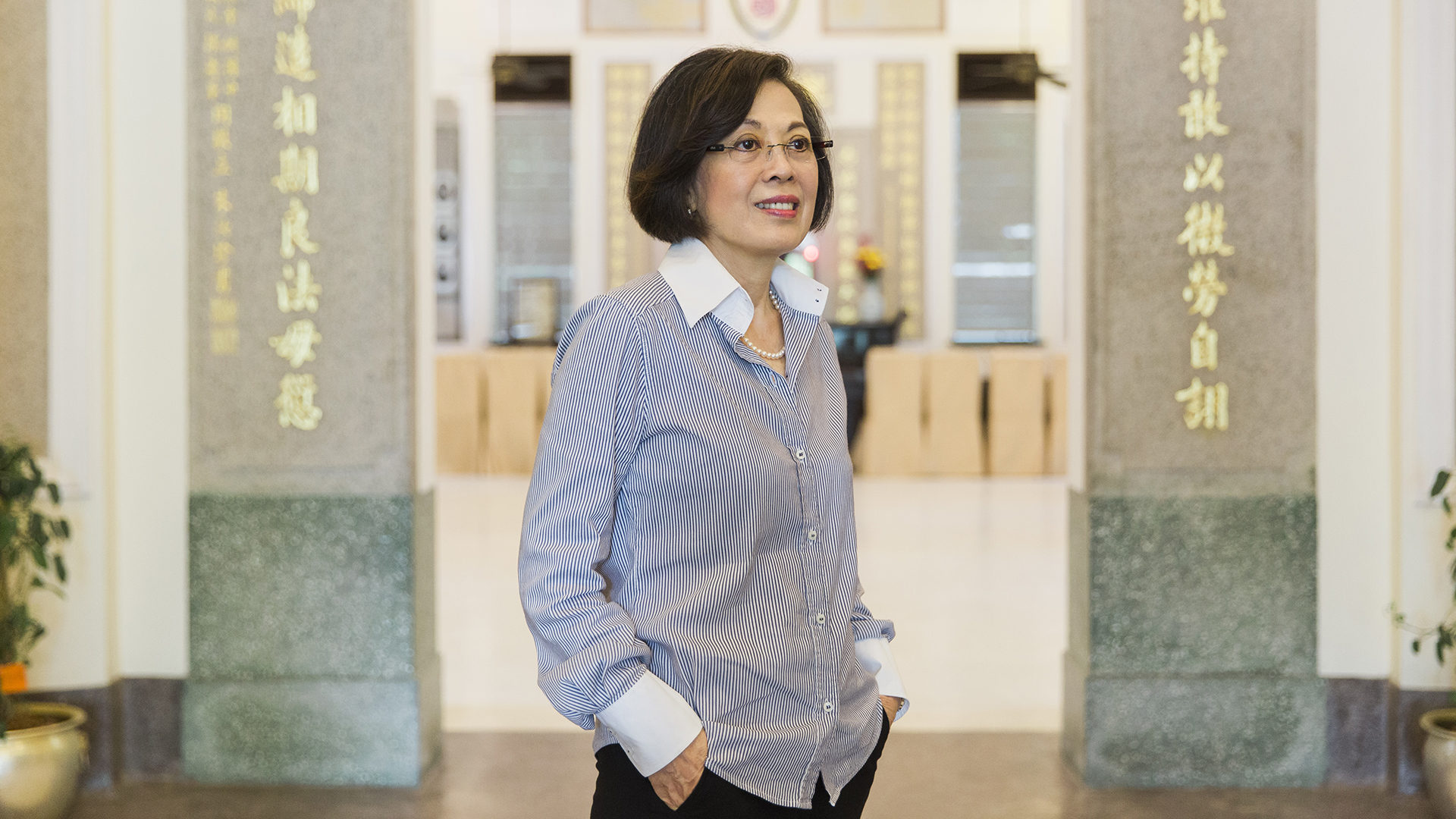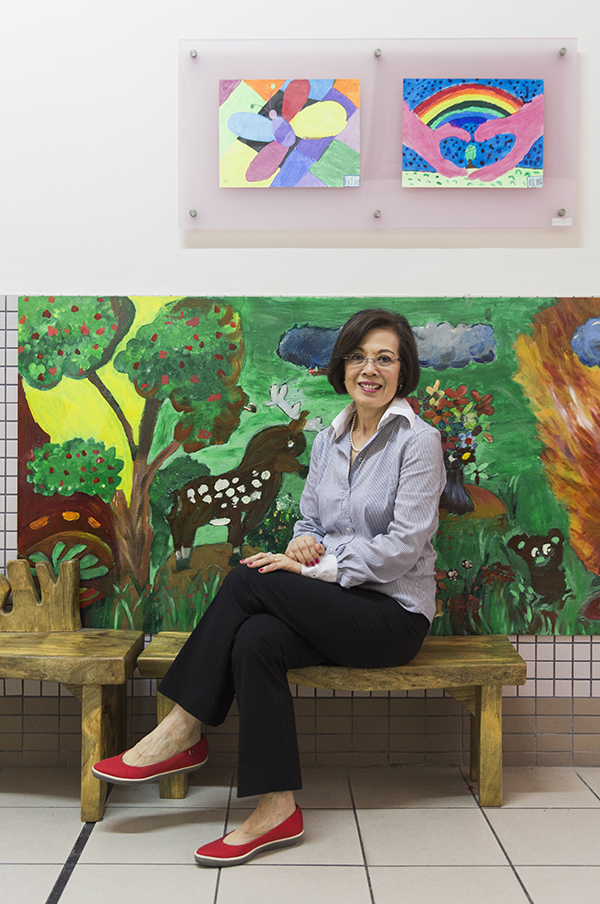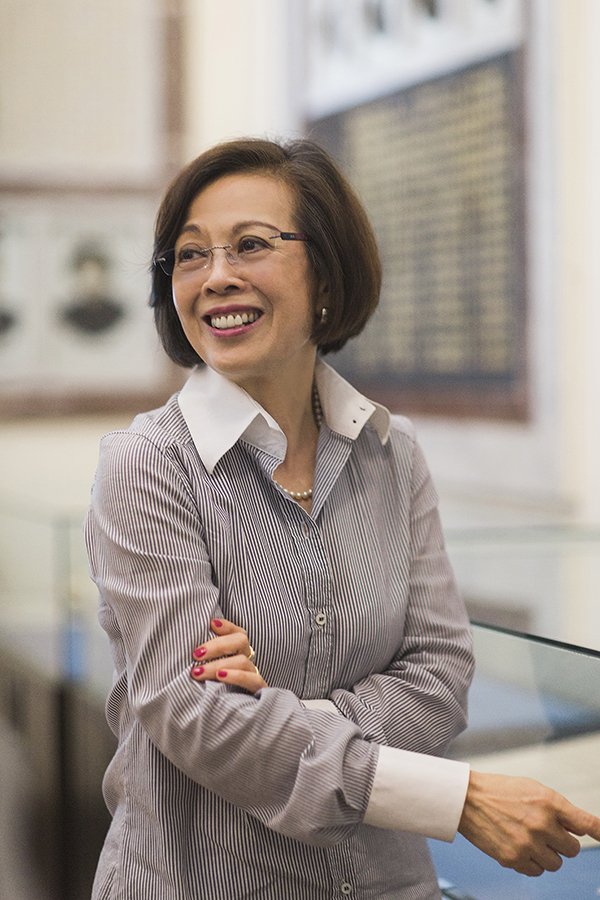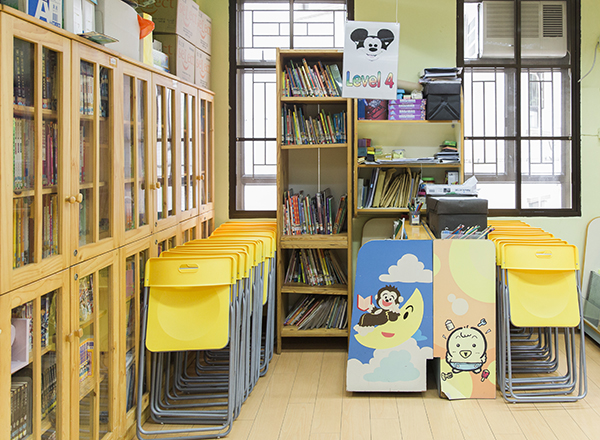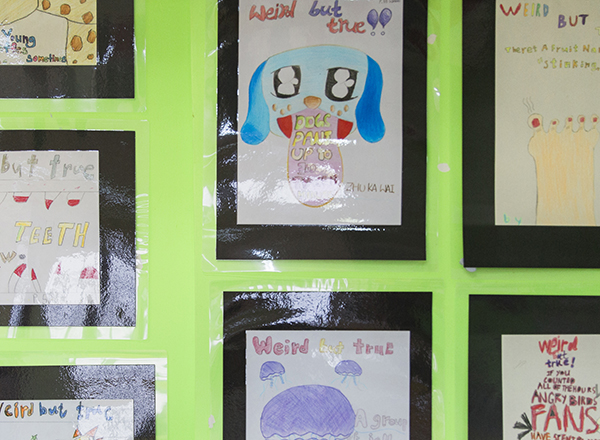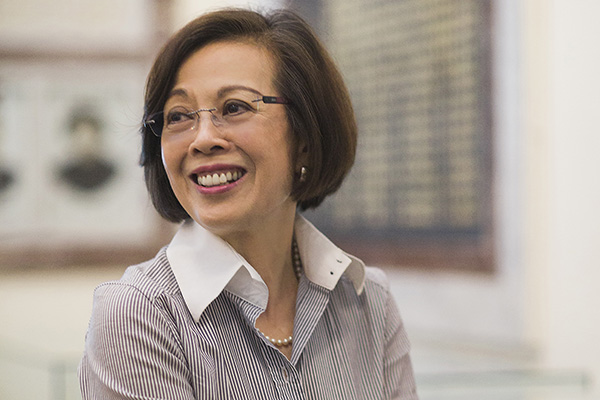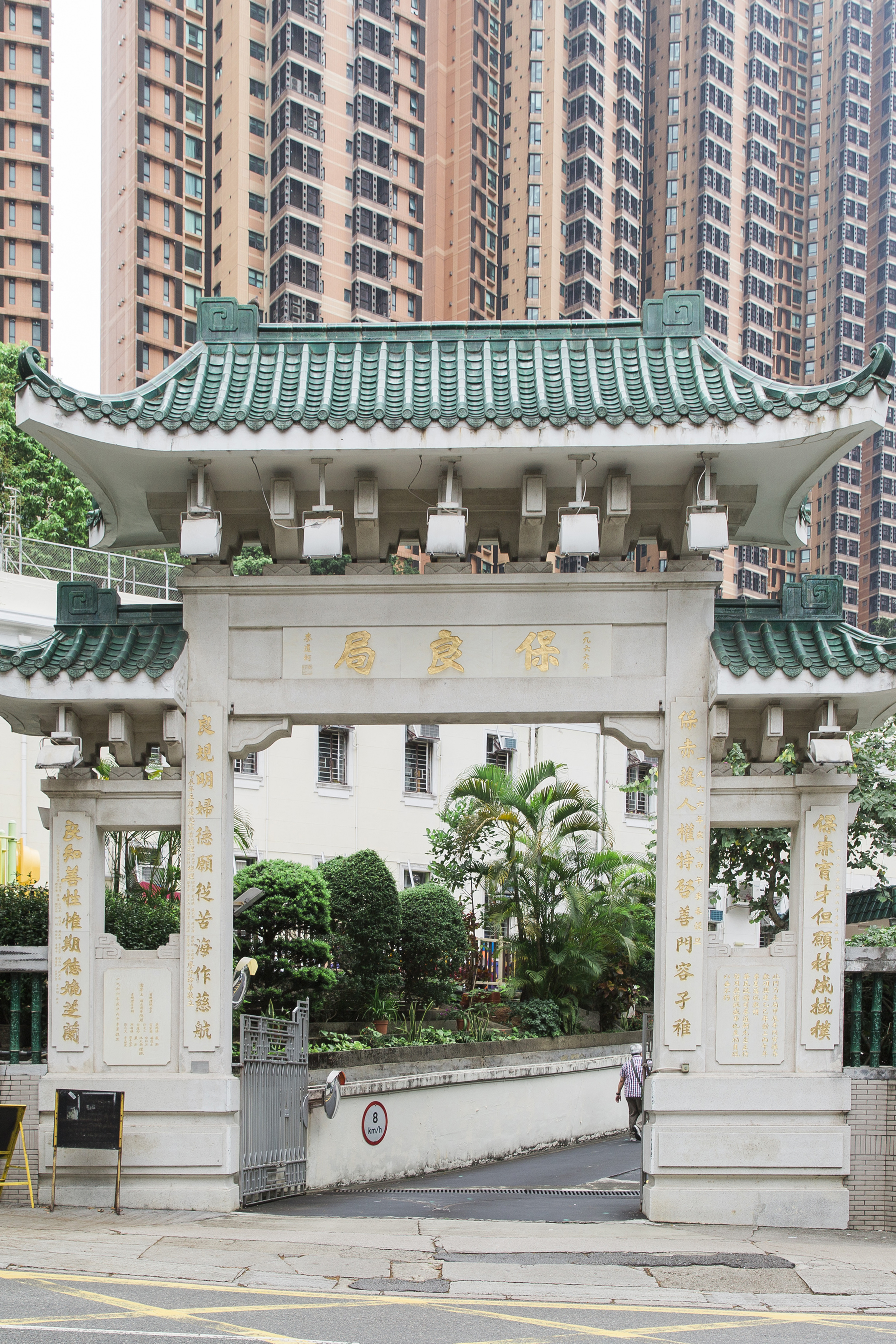“We didn’t raise a lot of money in the beginning. After three years, I told my husband that only helping a handful wasn’t enough.”
It was Celia’s husband, Dave, who started her involvement in Po Leung Kuk. He was on the board of directors at the Foreign Correspondents’ Club and sought his wife’s advice on fundraising for a worthy cause. Celia, who was already donating monthly contributions, suggested Po Leung Kuk.
In 2001, the inaugural FCC Ball took place, and the pair set up the Foreign Correspondents Club Scholarship Fund. “The fund subsidised students’ living expenses, so they would have a monthly income – similar to parents giving their children pocket money – so they aren’t working and can focus on their studies,” she says.
“We didn’t raise a lot of money in the beginning. After three years, I told my husband that only helping a handful wasn’t enough.” Determined to do more, Celia worked with the Polytechnic University’s language centre to set up a curriculum for the children at Po Leung Kuk. “I noticed the kids were so shy when they met strangers, especially if it was a Westerner, because their English wasn’t good,” she explains. “So they taught them through storytelling, songs, video games, cooking classes – just fun. These kids were learning English and Mandarin in a very happy way – it was very successful!”
